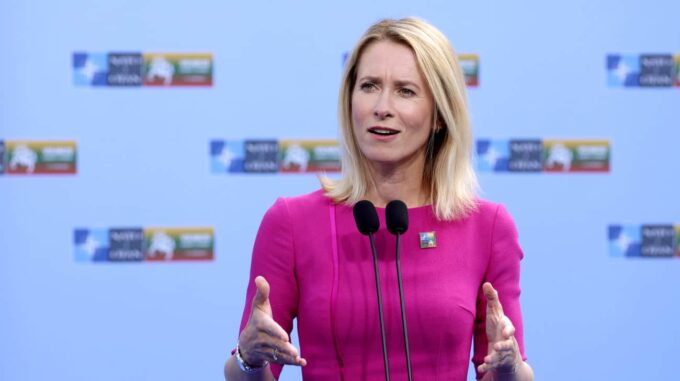The European Union has a real opportunity to independently lower the cap on Russian oil prices without the need for coordination with the United States, opening new prospects for sanctions policy and economic pressure on Moscow

This idea was voiced at the recent "Brussels Forum" on June 11 by the EU High Representative for Foreign Affairs and Security Policy, Josep Borrell, who emphasized that Brussels has the tools to do this and is capable of influencing the situation even without Washington's involvement. According to the diplomat, the main mechanism is control over key maritime routes through which Russian oil reaches Europe. Borrell highlighted that, despite cooperation with the US, the EU can independently reduce the price limit, which would significantly affect Russian export revenues and, consequently, the Kremlin's economy. He reminded that the price cap was set within the framework of the G7 decision, to which EU countries had joined earlier, but he also stressed the importance of European countries not being entirely dependent on external pressure and being able to act independently. Borrell explained that the main flow of Russian oil to Europe is concentrated in the Baltic and Black Seas. Therefore, even in the absence of a joint decision with Washington or other major global players, Brussels has the ability to apply sanctions tools and adjust the price caps — "we can do it and have influence," he said. It is worth recalling that previously, G7 allies approved an initiative to limit the maximum price of Russian oil to $60 per barrel. During discussions, this cap was proposed to be lowered to $45. Good news from Brussels was also confirmed by senior officials of the European Commission: President Ursula von der Leyen emphasized that the issue of lowering the price cap should be resolved jointly with G7 partners, and this topic will be discussed at the upcoming G7 summit in Canada, scheduled for June 15–17. According to officials, Ukrainian authorities are also actively involved in the process, and recently President Volodymyr Zelensky confirmed receiving an invitation to this summit, demonstrating the political importance and desire for coordinated actions in the context of sanctions measures against Russia. At the same time, it should be noted that Ukraine has persistently urged the EU to lower the cap even further — to $30 per barrel. This indicates Kyiv’s intention to intensify economic pressure on Moscow and reduce its profits from oil exports in response to aggression. Thus, the current situation indicates that the European Union possesses sufficient leverage to take independent actions to lower the Russian oil price cap, which could significantly impact Russia’s position on the global market and alter the balance of power in the conflict. Even without US involvement, Brussels demonstrates readiness to act autonomously and to utilize all available tools to achieve its strategic objectives.

